Do the seedlings of cultivars revert to the generic specie form?
njbiology
15 years ago
Related Stories
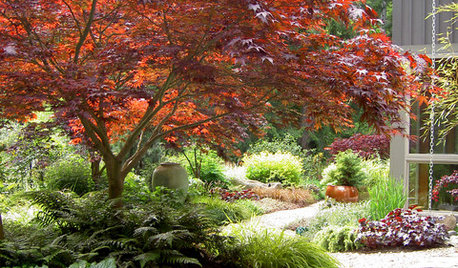
TREES11 Japanese Maples for Breathtaking Color and Form
With such a wide range to choose from, there’s a beautiful Japanese maple to suit almost any setting
Full Story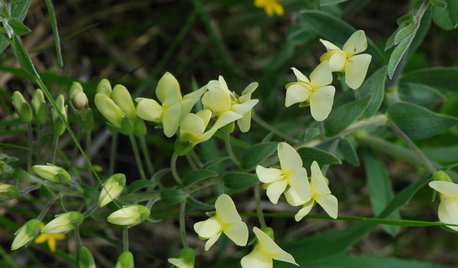
FLOWERS AND PLANTSPlant Baptisia Bracteata for Blooms Pollinators Will Love
Longbract wild indigo is great in dry soil, and its spring flowers attract butterflies and bumblebees
Full Story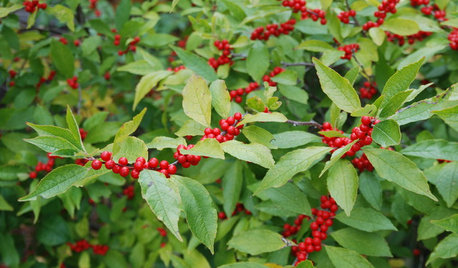
WINTER GARDENINGFire and Ice: 8 Plants That Blaze Once Frost Hits
Not everything in the garden sleeps in the cold — these plants rise and shine in fall and winter, bringing bright color to beat the blahs
Full Story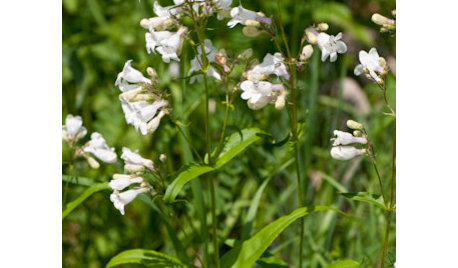
GARDENING GUIDESGreat Design Plant: Try Penstemon Digitalis for Showy White Blooms
Bees gather nectar from this North American native while you’ll appreciate its unthirsty nature and soil tolerance
Full Story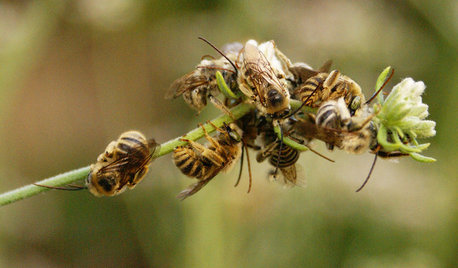
GARDENING GUIDESGreat Design Plant: California Buckwheat Pleases Pollinators
Beneficial insects go wild for this drought-tolerant plant’s summer flowers, while seed heads feed critters foraging in the cold
Full Story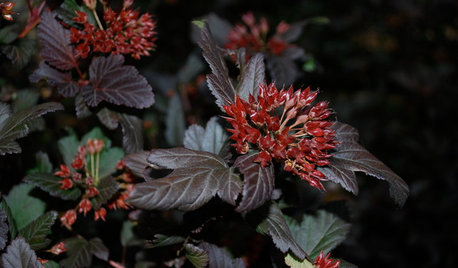
LANDSCAPE DESIGNGreat Design Plant: Sun-Loving Ninebark Puts on a Color Show
This tall, dark and handsome native shrub is equally at home in jeans and boots or in a suit and tie
Full Story
MOST POPULARMeet a Lawn Alternative That Works Wonders
Carex can replace turfgrass in any spot, is low maintenance and adjusts easily. Add its good looks and you’ve got a ground cover winner
Full Story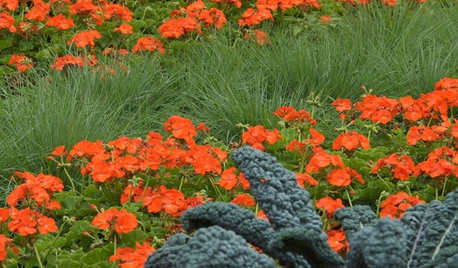
EDIBLE GARDENS7 Edible, Pretty Wonders of the Plant World
It's OK to like them just for their looks, but these flowers, trees and greens have a tasty side too
Full Story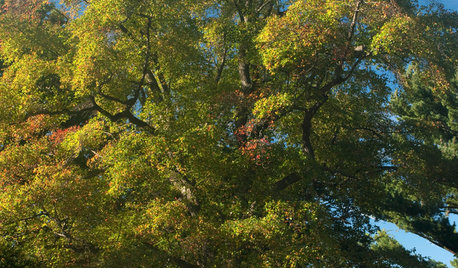
TREESGreat Design Plant: Nyssa Sylvatica
The black gum tree tolerates moist soil and provides many years of beautiful foliage, from summer to fall
Full Story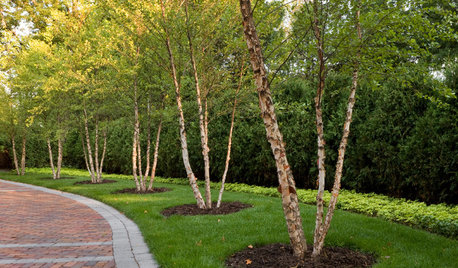
LANDSCAPE DESIGNGreat Design Plant: River Birch
Pick this rugged native tree for its intriguing peeling bark, soil adaptability or leaves that bring dappled shade to a garden
Full Story





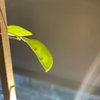
pineresin
tmore
Related Professionals
Erie Landscape Architects & Landscape Designers · Marina Landscape Architects & Landscape Designers · Barrington Landscape Contractors · Broomfield Landscape Contractors · Harrisburg Landscape Contractors · North Ridgeville Landscape Contractors · Riverview Landscape Contractors · Barrington Fence Contractors · Beaverton Fence Contractors · Fort Lauderdale Fence Contractors · Selden Fence Contractors · Spanaway Fence Contractors · West Columbia Fence Contractors · Winter Park Fence Contractors · Lomita Fence Contractorsterrestrial_man
boizeau
boizeau
brandon7 TN_zone7
pineresin